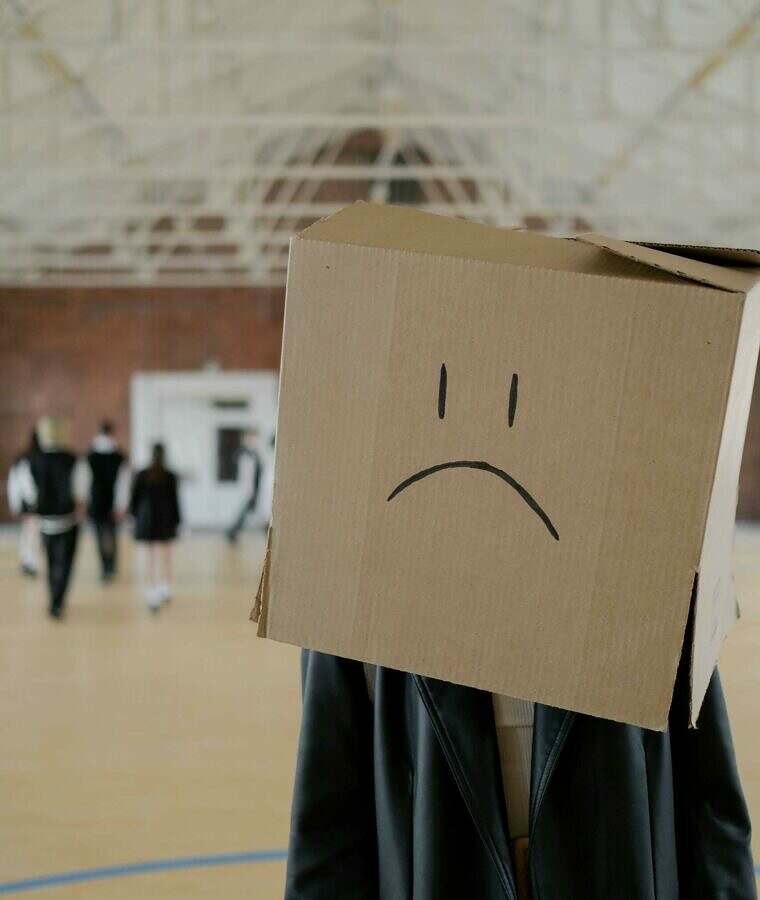A former patient shares their experience seeking inpatient treatment in the OCD and related disorders unit at Nightingale Hospital and how it transformed their life.
When I arrived at the OCD and related disorders unit at Nightingale Hospital, I was broken.
OCD had taken over every part of my life. I couldn’t make eye contact, sit next to anyone, or use the bathroom without going through exhausting rituals. I couldn’t even be near my younger sister—crippled by fear due to distressing intrusive thoughts. Like many others, I was convinced my OCD theme—paedophilia-themed intrusive thoughts—made me the exception. That I was beyond help, that recovery simply wasn’t possible for someone like me.
But I wasn’t the exception. And neither are you.
A tailored, compassionate approach to therapy
From the moment I began my treatment, what stood out most was how personalised the sessions were. This wasn’t a cookie-cutter approach to OCD. Each CBT session was designed around my unique experience, not just the diagnosis. My one-to-one therapist made an incredible effort to understand me, not just my OCD. It was a completely non-judgmental space—something I never thought I’d find when talking about the darkest parts of my mind.
My therapist along with the entire therapy team, helped me see that shame didn’t need to dictate my recovery. I could talk about anything—and I mean anything—without fear of judgment. That level of safety and openness is what allowed real change to happen.
Nurses who get it
The nursing staff were phenomenal. Many of them were studying OCD at the postgraduate level or training to become CBT therapists themselves. Their insight and empathy were evident in every interaction. They could spot compulsions and safety behaviours I didn’t even realise I was doing, and guide me without shame or frustration. Their dedication wasn’t just professional—it was deeply personal. You could feel that they truly cared.
And beyond their clinical skill, they helped create a ward environment that felt more like a shared flat than a hospital. We laughed, supported each other, and respected each other’s space.
It was human, not clinical—and that made all the difference.
Community: The missing piece
OCD is lonely. It isolates you not just physically, but emotionally. At Nightingale, that changed.
Being surrounded by others who understood my experience gave me something I didn’t even realise I needed: community. Group therapy sessions weren’t just about therapy—they were about connection. We helped one another, offered advice, celebrated progress, and formed long-term friendships. We became a team in the fight against OCD.
This collective spirit normalised the disorder and helped shatter the illusion that I was alone in my struggle. Recovery became something communal, something possible.
Therapies that go beyond
While CBT and ERP were core parts of the programme, other therapies helped unlock pieces of myself I didn’t expect.
Music therapy reignited a lost joy—I picked up a guitar for the first time and smiled for real during those early, difficult weeks. Drama and compassion-focused therapy helped me understand how self-criticism fuels OCD and gave me tools to rebuild a healthier self-image. These sessions weren’t just add-ons; they were lifelines.
Occupational therapy turned out to be one of the most transformative parts of treatment. For people like me who struggle with daily functioning—showering, self-care—it offered practical, compassionate help. My occupational therapist was honest and kind, always avoiding the trap of giving reassurance while gently challenging the patterns that kept me stuck.
Looking for support for OCD?
OCD is a crippling and debilitating condition. If you, or someone you love, is looking for support for OCD, we have a number of different ways in which we can support.
We offer inpatient, day patient and outpatient support for OCD and our team are here to make sure the support you receive is the best next step for you.
The first step is to make an enquiry.
Support for OCD
Structure that prepares you for real life
The ward’s 9–5 structure mirrored real-world life. It gave me a routine, which is essential when OCD thrives on unstructured time. Having a consistent schedule, a timetable I could eventually carry into post-treatment life, helped reduce rumination and compulsive spirals.
And then there was Professor Veale—the lead consultant psychiatrist who didn’t sugar-coat the work ahead, and I’m glad he didn’t. His directness helped me face uncomfortable truths and develop a roadmap for recovery. He gave insight that reshaped how I understood my condition and what was feeding it.
What I couldn’t do then, I can do now
Seven weeks later, I’m not “cured”—but I’m finally living again.
I can make eye contact, sit next to someone on the couch, and use the bathroom without rituals. I can hug my sister without fear. The compulsions that once ruled my every moment are no longer in control. I’ve challenged things I avoided for years.
Life isn’t perfect, but it’s possible—and that alone is incredible.
Is there any advice that you would give to someone who is considering seeking inpatient treatment for OCD?
Here are some tips from someone who’s been there before:
-
Open up early. Whether it’s intrusive sexual thoughts or being afraid to go to the toilet—say it. The therapists won’t judge. They’ve heard it before, and they can’t help you if you don’t tell them
-
Drop compulsions and safety behaviours as soon as possible. I waited too long, and real change didn’t start until I finally did
-
Take notes. Every therapist has something valuable to say—combine their advice to fit your journey
-
You are not the exception. I thought I was. I wasn’t. And neither are you. This illness lies. Recovery is real
My stay at Nightingale Hospital’s OCD Unit didn’t just give me tools—it gave me hope.
If you’re suffering from OCD and feel like you’re too broken to be helped, please know that you’re not. There is help. There are people who understand. And there is a life beyond compulsions. You are not your thoughts. You are not the exception. And you can get better.
If you’re considering inpatient treatment for OCD, or even just starting to explore the idea, I hope this gives you courage. Because the first step? It’s terrifying. But it’s also the beginning of getting your life back.
Related Conditions
Treatment approaches
Relevant specialists
-

Professor David Veale
Lead consultant for OCD and related disorders at Nightingale Hospital









